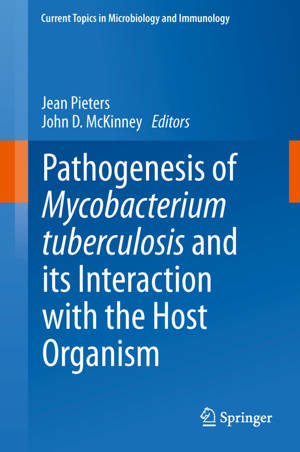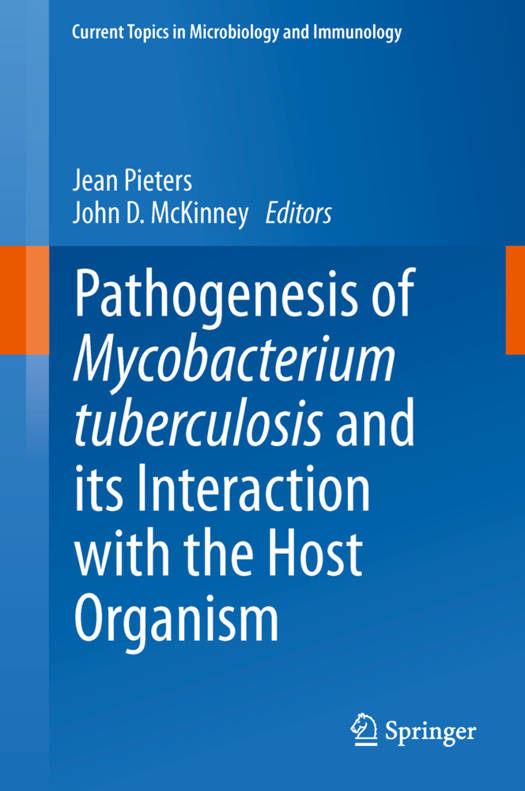
- Retrait gratuit dans votre magasin Club
- 7.000.000 titres dans notre catalogue
- Payer en toute sécurité
- Toujours un magasin près de chez vous
- Retrait gratuit dans votre magasin Club
- 7.000.0000 titres dans notre catalogue
- Payer en toute sécurité
- Toujours un magasin près de chez vous
Pathogenesis of Mycobacterium Tuberculosis and Its Interaction with the Host Organism
Description
Mycobacterium tuberculosis is one of the most notorious pathogens on earth, causing the death of approximately 1.5 million people annually. A major problem in the fight against tuberculosis is the emergence of strains that have acquired resistance to all available antibiotics. One key to the success of M. tuberculosis as a pathogen is its ability to circumvent host immune responses at different levels. This is not only a result of the special makeup of M. tuberculosis in terms of genetic diversity and DNA metabolism and its possession of specialized secretion systems, but also of its ability to hijack the host's innate immune defence mechanisms.
In this volume, researchers from different disciplines provide a topical overview of the diverse mechanisms that contribute to the virulence of M. tuberculosis, ranging from their genetic, metabolic and molecular makeup, as well as the complex strategies these bacteria utilize to escape immune destruction within infected hosts.
Spécifications
Parties prenantes
- Editeur:
Contenu
- Nombre de pages :
- 245
- Langue:
- Anglais
- Collection :
- Tome:
- n° 374
Caractéristiques
- EAN:
- 9783642402319
- Date de parution :
- 27-12-13
- Format:
- Livre relié
- Format numérique:
- Genaaid
- Dimensions :
- 160 mm x 234 mm
- Poids :
- 521 g

Les avis
Nous publions uniquement les avis qui respectent les conditions requises. Consultez nos conditions pour les avis.





